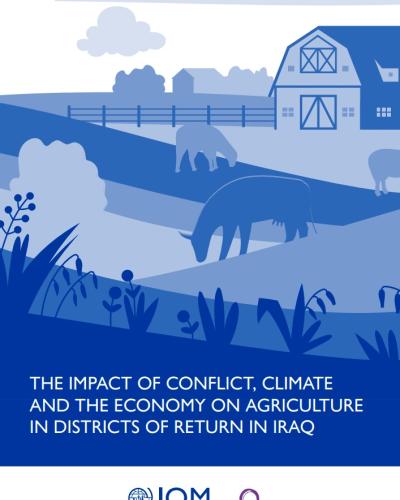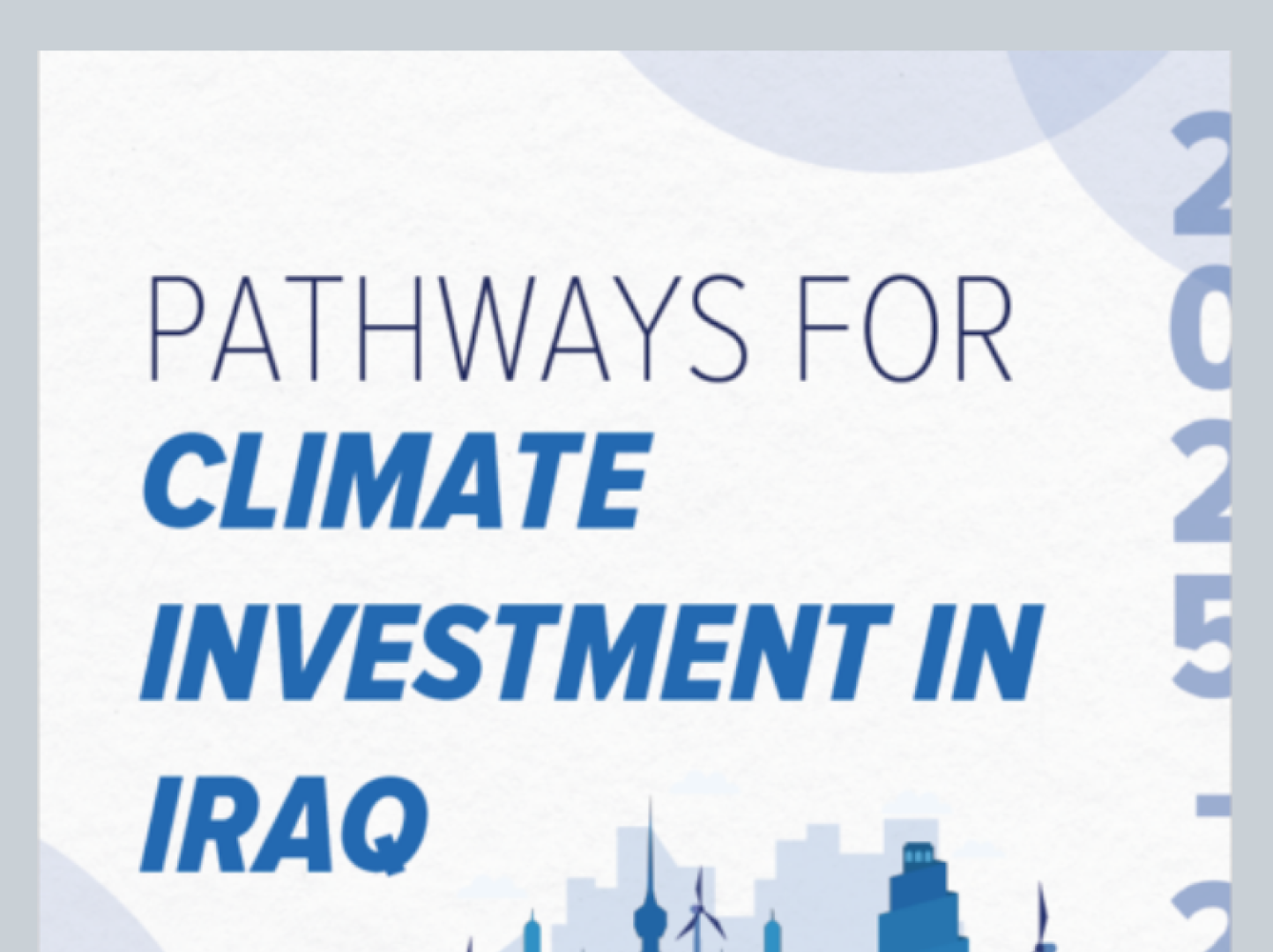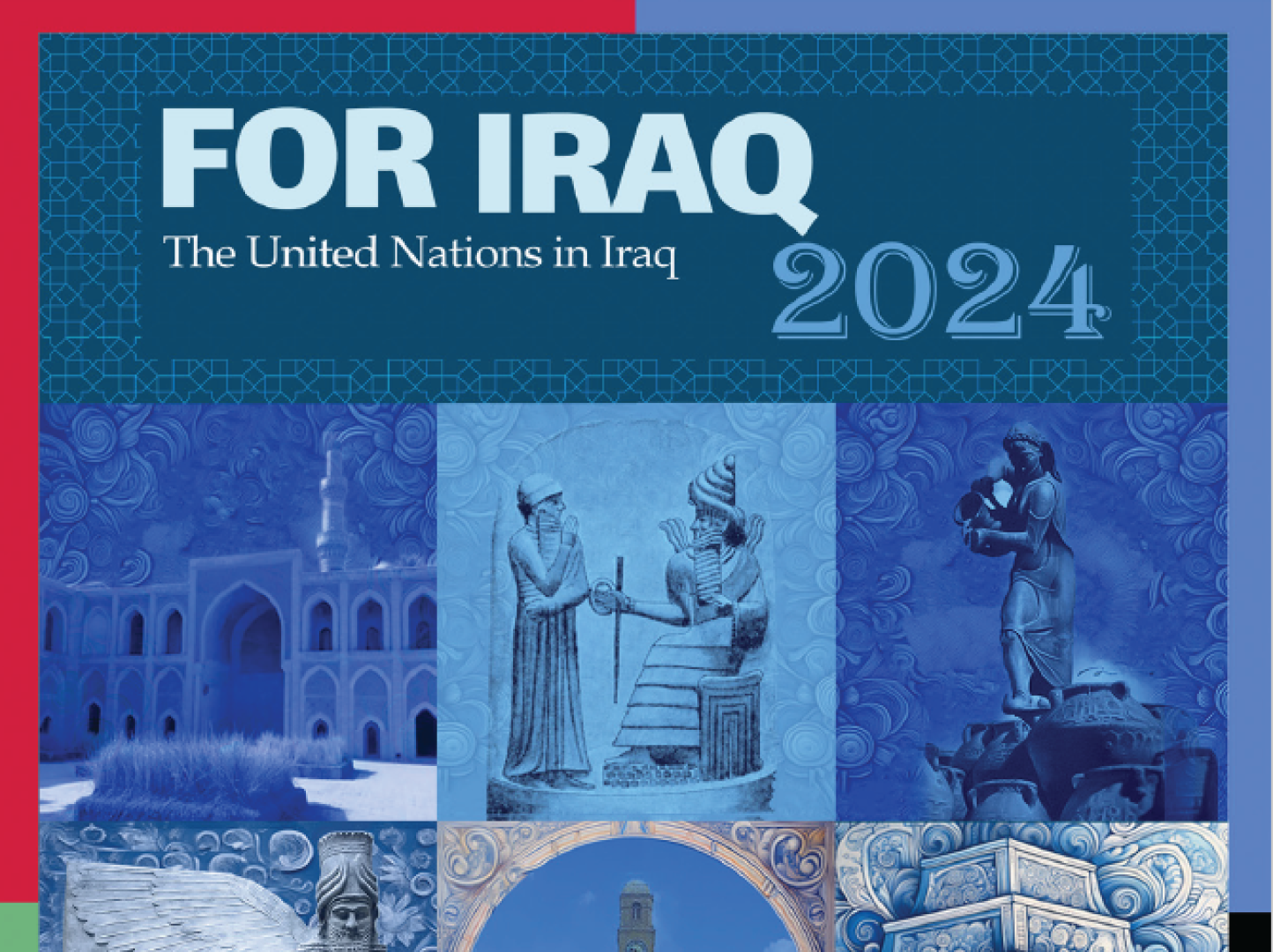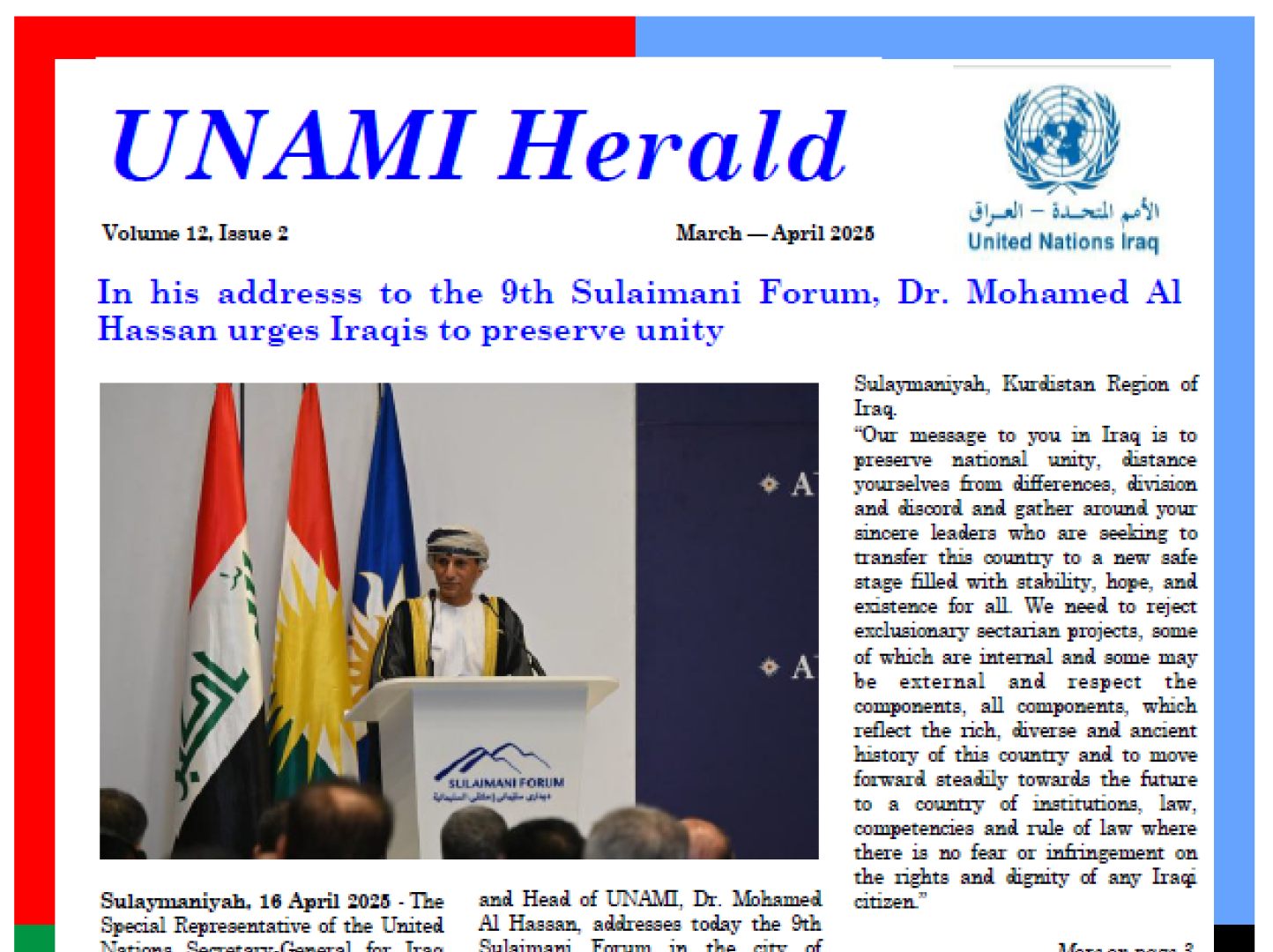The Impact of Conflict, Climate, and the Economy on Agriculture in Districts of Return in Iraq

Following the conflict with the Islamic State in Iraq and the Levant (ISIL), the number of people engaged in agriculture appears to have declined in districts where displaced people have returned to their areas of origin. This decrease stems from large-scale destruction of farming assets and infrastructure due to conflict, limited capacity to replace such 1inputs, a lack of incentives to return to farming, and a changing climate in Iraq2. This analysis brief explores these dynamics in more detail using statistically representative data across the primary districts of return in Iraq.
It looks to gain insight into the challenges faced by returnees working in agriculture after the conflict. The brief also considers the degree to which conflict-, economic-, and climate-related factors play a role in the decline of agriculture as a livelihood, and the implications of this change for sustainable reintegration
This brief is part of a larger research project, Reimaging Reintegration, carried out by IOM Iraq and Social Inquiry, that explores the sustainability of returns across 14 districts hosting the largest shares of returnees in the country. These are, in descending order of returns, Mosul, Ramadi, Falluja,
Telafar, Tikrit, Heet, Hawija, Hamdaniya, Shirqat, Kirkuk, Baiji, Sinjar, Khanaqin, and Balad. The findings presented here are drawn from an original household survey and roster of 2,260 returnee respondents in these districts collected between March and April 2022.
The survey included a household module )applicable to the overall household situation(, a personal module )gathering perceptions of the respondent(, and a roster module )collecting personal characteristics of each household member(, covering topics related to demographics, displacement and conflict history, safety and security, adequate standards of living, livelihoods and economic conditions, housing condition/restitution and tenure security, civil documentation, social cohesion and public participation, and remedies and justice.
The outputs of this project also include an analysis of sustainable reintegration in districts of return and another brief on differences between male- and female-headed households and their implications for sustainable return.





